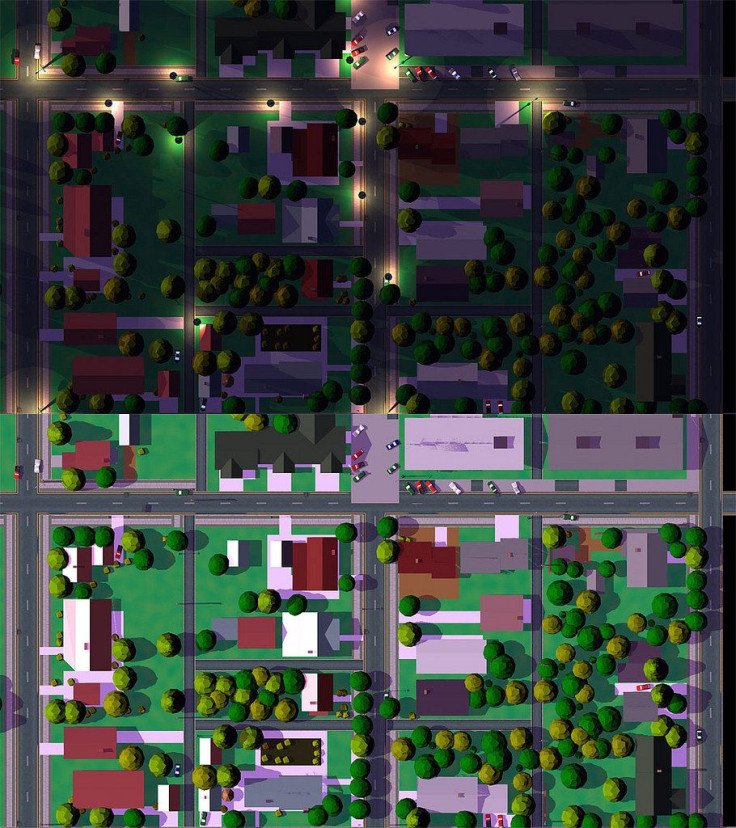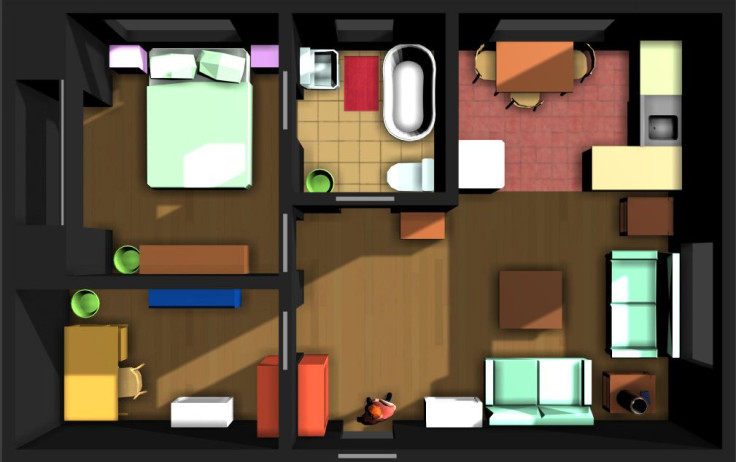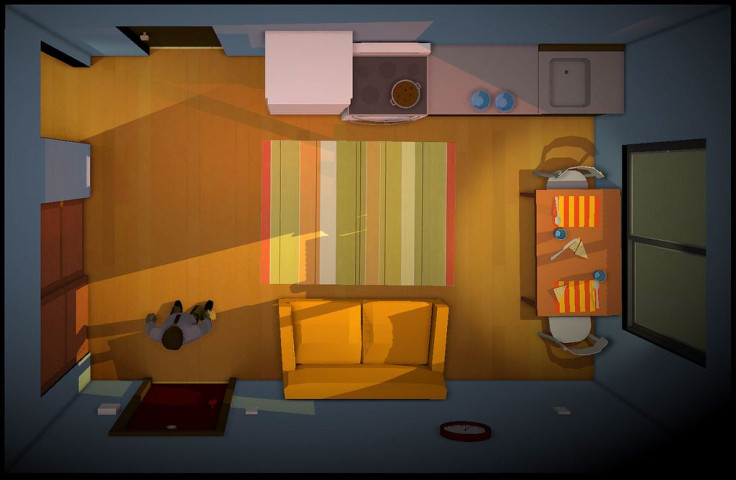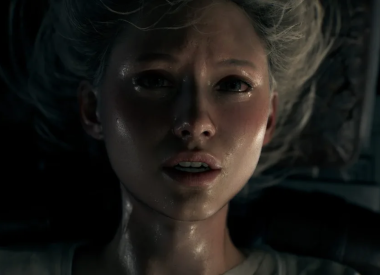You come home to find your wife cooking your favorite soup. The smell of the chicken broth overwhelms your nasal passages as you help her set the kitchen table for dinner. You hear a knock on the door. A man identifies himself as an officer and accuses your loving wife of murder. He beats you up and cuffs you on the ground. You lay on the ground, eyelids growing heavy as you listen to your wife’s cries for help. You open your eyes and find yourself back at your apartment’s front door, looking at your wife as she stirs the stew on the stovetop.
What’s going on?
You’ve just read the premise of Luis Antonio’s Twelve Minutes. The in-development game was a welcomed surprise at PAX East 2015 as gamers and gaming-sites alike couldn’t stop talking about the Twelve Minutes booth. Luis Antonio, creator and developer of Twelve Minutes, spoke to iDigitalTimes about branching out in his first solo indie game venture and why he’s pumped to see his vision come to life.
“[Time loops] is something I wanted to explore for a few years now,” Antonio explained. “All video games are time loops naturally. Games like ‘Super Mario’ you die and you relive the same day over and over, but your character is not aware of it. So I thought, ‘what happens if he’s aware of it?’”


The title of Twelve Minutes a little misleading. The game would take a puzzle expert six hours to complete the 12-minute loop. The idea behind Twelve Minutes is your character is aware he’s reliving several moments over and over, which causes the husband/player to get increasingly frustrated. You’ll see how angry the character gets as he fails to realize what he must do to end the cycle.
“A lot of games deal with cause and effect, but your choices are very binary: you’re happy or you’re sad, this or that,” Antonio said. “I wanted to see if I could create something more complex where your actions have very clear consequences that cascade into a much bigger effect than what games usually do. And it’s much more immediate.”
Twelve Minutes is a point-and-click adventure where you can interact with your surroundings. Your wife in the game has a routine. You can choose to go along with it or you can interrupt it with elements you’ll find the apartment. The game forces you to be observant and think outside of what’s normal. For example, Antonio described watching players just telling the wife what’s going to happen to stop the loop. However, the wife doesn’t believe the husband. You can try calling the authorities to tell them what’s going to happen, but that also doesn’t solve the puzzle.
It’s up to the player to look around the apartment and pick up on the clues the “husband” is giving you in order to stop the loop. At PAX East 2015, the gamers who got to experience Twelve Minutes assumed keeping the cop from beating the “husband” up would end the game. Antonio explained that’s not the case.

“The cop doesn’t show up at the end of 12 minutes. He shows up four minutes into the game, so no one was actually going through the full loop…kind of like the movie ‘Groundhog Day’,” Antonio said. “[Bill] Murray never managed to leave 24 hours. It’s kind of the same [with Twelve Minutes]. Even if you stop the cop, you’re still [trapped in] the loop. It’s more so, ‘How do I stop this time loop from happening.’ The cop is just something that causes you to react.”
Antonio stressed the game is more about the character’s journey than the events that take place around him. Players will see how increasingly aware the husband gets and catch on to new aspects of the story. However, Twelve Minutes will never tell you what you’re supposed to do to end the loop. It’s completely in the hands of the player to put the pieces of the puzzle together. The ending of Twelve Minutes will also differ depending on your decisions throughout the game.
“There’s different outcomes depending on the things you do. You character accumulates knowledge,” Antonio said. “For example, if you try to [find out] why the cop is trying to attack you, you’re going to learn things about the cop. Your character will behave differently. Depending [on what you learn], your character and you will have a different perception on what’s happening in the game.”
Players drawing their own conclusions about the game are an important part of the experience of Twelve Minutes. Antonio has finished the majority of development of Twelve Minutes, or so he’d like to believe. Antonio is currently working full-time on game designer Jonathan Blow’s The Witness as an artist, but uses the free-time to work on Twelve Minutes. That’s not to say he hasn’t received help from his industry friends. Antonio has spoken to fellow developers about creating the game, and taught himself how to code. It’s been a learning process for Antonio, which he’s documented on his Twelve Minutes blog.
Antonio’s original vision for the game started with a town, but he realized he needed to scale it down to an apartment for his one-person team. Another aspect he found interesting in the development is how much players want to interact with their environment. One Twelve Minutes demo player asked Antonio if he could flush the toilet in the couple’s bathroom. At the time Antonio hadn’t thought that would be something players would notice, but wants to do what he can to help players fully immerse themselves in Twelve Minutes.
Antonio’s ultimate goal is to put out Twelve Minutes for the PC sometime in the summer of 2016. Antonio is currently using his personal resources to develop the game, but wants to get some funding to hire a small team to help him finish Twelve Minutes. Antonio ideally needs screenwriters, sound designers and animators to help polish the game.
Antonio used to work as an artist for Ubisoft and Rockstar Games, which taught him the importance of knowing your game’s design before adding in other elements. He explained bigger studios would have a 300-person team working on several different projects. It’s common practice artists will design characters before knowing basic details about the game, like the main plot line. Antonio doesn’t want to bring on a team before he has the mechanics down for Twelve Minutes.
“It’s like you hired all the actors to work on set, but you didn’t write the script,” Antonio joked.
While the final product for Twelve Minutes will look different, the experience will remain the same. The puzzles and storyline won’t change. You can follow Antonio’s development process on Twelve Minute’s website here or keep up with him on Twitter here. Watch the video below listen to Antonio further dive into Twelve Minutes' backstory and check out the gameplay.


















